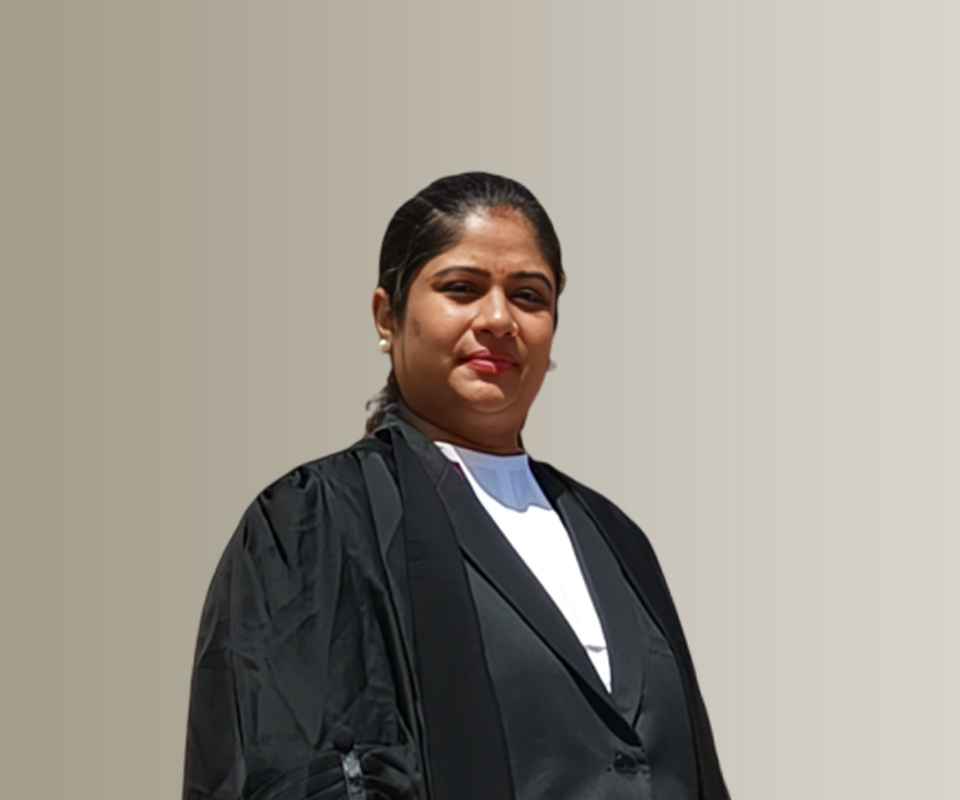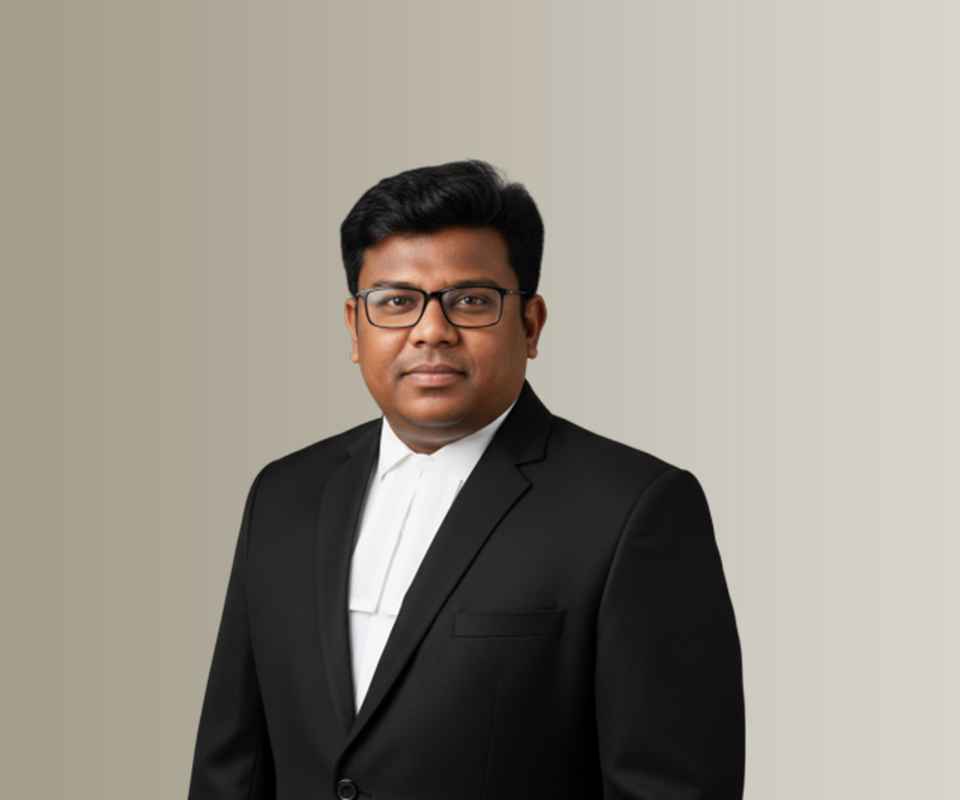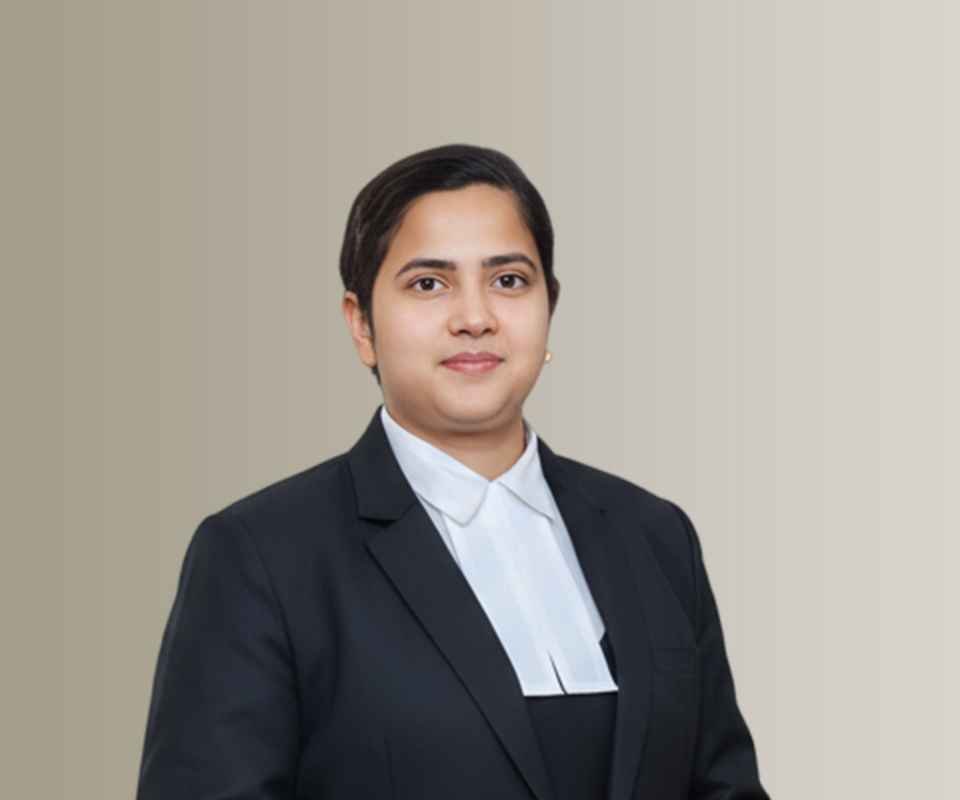Answer By law4u team
Under the Vienna Convention on Consular Relations, 1963, consular protection ensures that a country can assist and safeguard the rights of its nationals when they are abroad. Key roles of consular protection • Assistance to nationals – Helping citizens in distress, such as those arrested, detained, injured, or facing legal issues in a foreign country. • Legal support – Ensuring access to local lawyers, explaining local laws, and monitoring trials to protect the citizen’s rights. • Communication – Acting as a channel between the detained national and their family or government, keeping them informed. • Humanitarian aid – Providing help in cases of accidents, illness, natural disasters, or emergencies abroad. • Documentation and travel facilitation – Assisting with lost passports, visas, or other essential documents. • Diplomatic safeguards – Ensuring that foreign authorities respect the individual’s rights, in line with international law, while recognizing the host country’s sovereignty. This protection is available to all Indian citizens abroad, and the Indian embassy or consulate is obliged to provide assistance under the Convention, though it cannot interfere in the host country’s judicial process.









